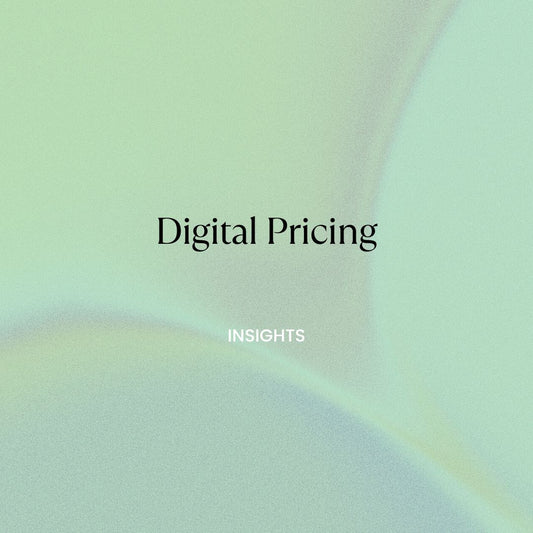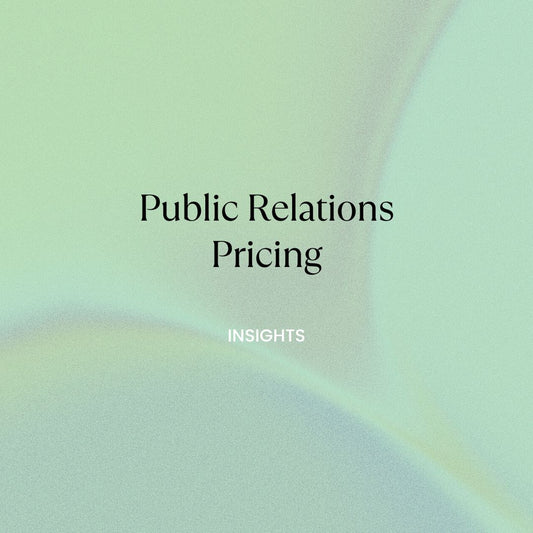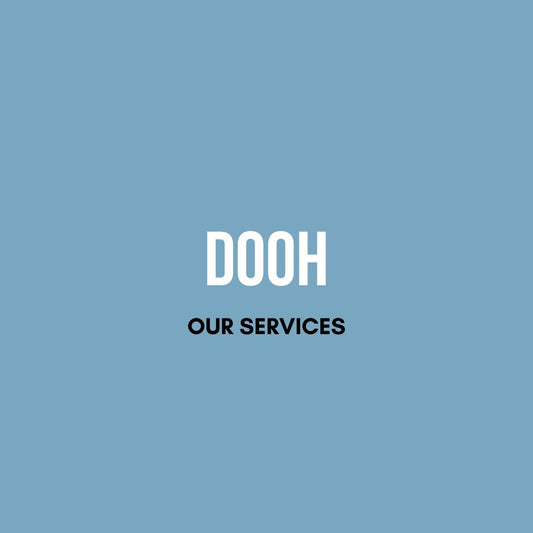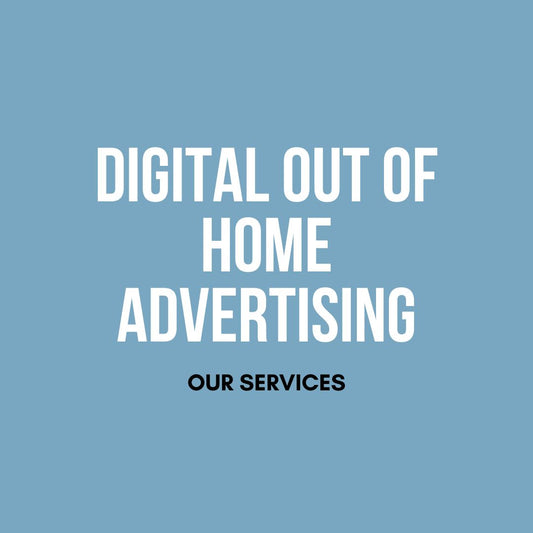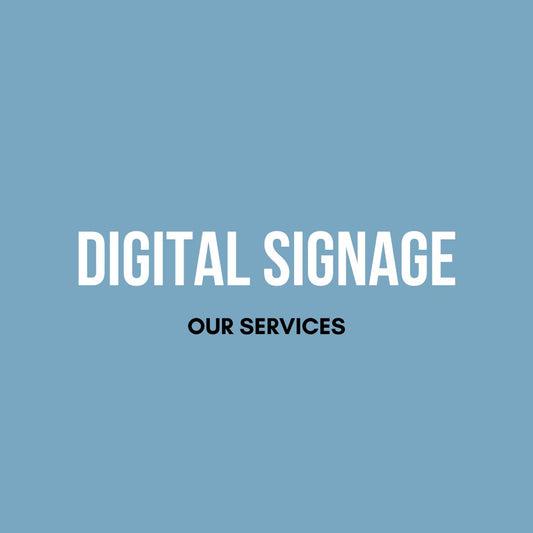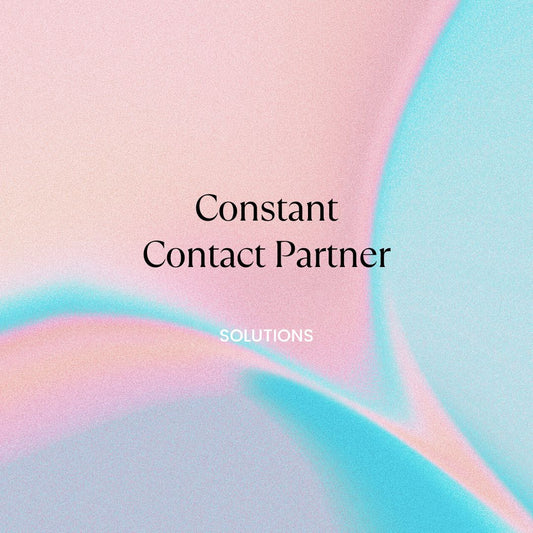
Spas
Understanding the unique selling proposition (USP) of a spa is the cornerstone of effective marketing. Whether it's a signature treatment, an exclusive product line, or a renowned expertise in a specific therapy, identifying and highlighting this USP sets a spa apart from its competitors. It's not just about what services are offered, but how they are different and why they matter to the clientele.
The digital footprint of a spa is more crucial than ever. A well-designed, intuitive website serves as the digital storefront, inviting potential clients to explore the services offered. High-quality imagery, detailed descriptions of treatments, and an easy-to-navigate interface enhance the user experience. Online booking functionality is not just a convenience; it's a necessity in today's fast-paced world. Ensuring that the website is optimized for search engines is also vital to increase visibility and attract new clients.
Social media marketing is a powerful tool for spas. Platforms like Instagram and Pinterest are particularly suited to the visual nature of spa services. Regular posts showcasing serene spa environments, before-and-after treatment photos, and behind-the-scenes glimpses into the spa experience can create an engaging and aspirational online presence. Utilizing these platforms for targeted advertising can also effectively reach potential clients based on specific demographics and interests.
Content marketing, through blogs and articles, offers a way to connect with clients beyond the spa visit. Sharing wellness tips, skincare advice, and insights into different treatments positions the spa as a trusted authority in the wellness industry. Video content, such as guided relaxation techniques or mini-tutorials on self-care routines, can extend the spa experience to the digital realm, keeping the spa top-of-mind for clients.
Email marketing remains a potent tool in the spa industry. Regular newsletters that include wellness tips, special offers, new treatment announcements, and event invitations keep clients engaged and informed. Personalized email campaigns targeting specific client preferences can also be effective in promoting seasonal treatments or introducing new products.
Loyalty programs and membership models are effective strategies for encouraging repeat business. Offering exclusive benefits, discounts, or access to members-only events can foster a sense of belonging and appreciation among clients. Referral programs, incentivizing clients to introduce friends and family to the spa, can also be a powerful tool for new client acquisition.
Community engagement and partnerships can enhance a spa's local presence. Collaborating with local businesses, wellness practitioners, or community events can increase visibility and position the spa as an integral part of the local wellness community. Hosting wellness workshops, meditation sessions, or partnering with local fitness studios can also attract new clientele and provide added value to existing clients.
Personalization in marketing and service delivery is key. Understanding individual client needs and preferences allows for more targeted and relevant marketing efforts, as well as personalized service experiences. This can include customized treatment plans, product recommendations, and tailored communication that makes clients feel valued and understood.
Event marketing, such as open houses, wellness retreats, or seasonal promotions, can be effective in attracting new clients and delighting existing ones. These events provide an opportunity for potential clients to experience the spa's atmosphere and services firsthand and offer current clients a unique way to engage with the spa.
Influencer partnerships can also be beneficial for spas. Collaborating with wellness influencers and local personalities can increase the spa's reach and credibility. These influencers can share their experiences and promote the spa to their followers, providing an authentic endorsement.
Analytics and feedback are crucial in refining the spa's marketing strategy. Tracking the performance of various marketing channels and campaigns helps in understanding what resonates with the target audience. Client feedback, gathered through surveys or informal conversations, provides valuable insights into their needs and preferences, guiding future marketing efforts.
In the spa industry, where the competition is fierce and the clientele discerning, a multifaceted marketing approach is essential. At Soda Spoon, we combine digital marketing, content creation, community engagement, and personalized experiences to create a comprehensive marketing strategy that not only attracts new clients but also fosters a loyal, engaged client base. Whether it's through a compelling online presence, engaging social media content, or exclusive events, our goal is to help spas connect with their audience and thrive in the competitive wellness industry.




